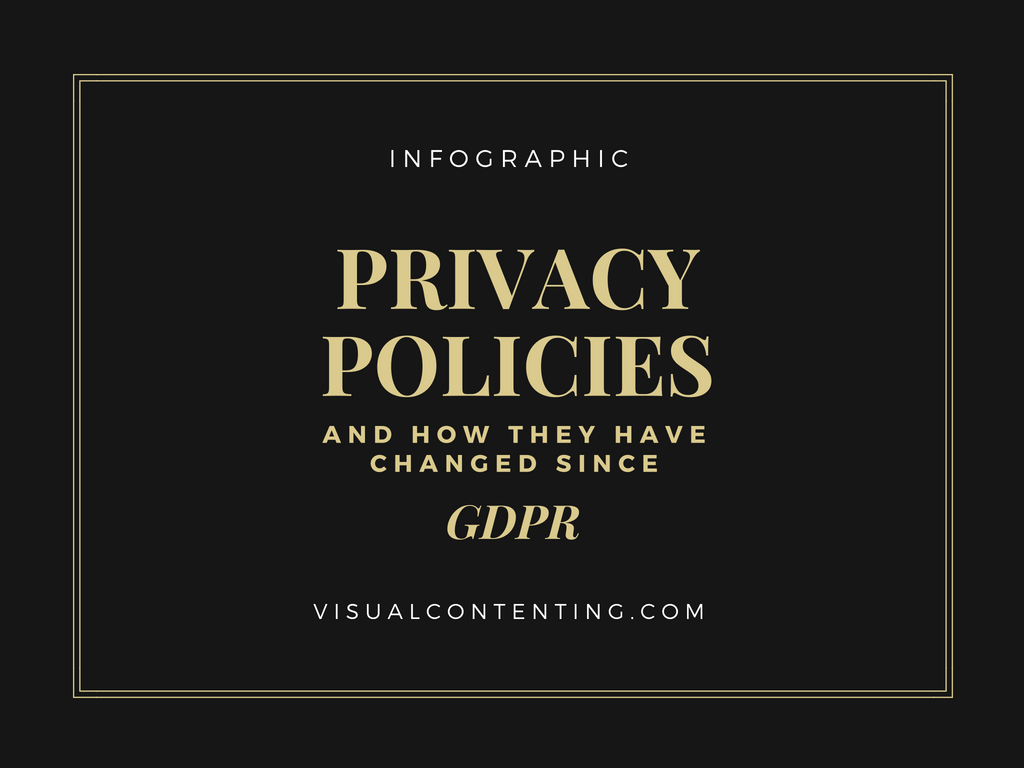Despite recent privacy scandals, the majority of people still do not take the time to read every privacy policy they agree to. On May 25th, 2018 the European Union’s General Data Protection Regulation, or GDPR, went into effect warranting major updates to privacy policies. After updates from some of the most trafficked sites in the U.S., the average time to read the policy increased to more than 20 minutes. With the amount of time it takes to read the agreement it’s not a huge surprise that most people quickly scroll to the bottom to click the “I accept” checkbox and move on with their lives.
Europe is certainly paving the way for the protection of citizens privacy online, but you might be asking how the GDPR legislation from Europe will impact the rest of the world. Implementing a policy that puts more responsibility and subsequent penalties on companies that fail to protect their customer’s privacy is a great step forward. Let’s be honest, the general public is unlikely to start actually reading the privacy policies they agree to.
In this piece, Varonis analyzes the privacy policies of the most trafficked websites in the U.S., including Google, Facebook, Wikipedia and more. After receiving a barrage of emails regarding updates to these privacy policies, it’s interesting to see how they have changed. You can see how the policies of major companies have changed in this visual:
Drew is a content marketing specialist in San Diego. He loves learning, writing, and all things creative. When not working, you can find him in the ocean, in the kitchen or in a book.




[…] Privacy Policies and How They Have Changed Since GDPR […]